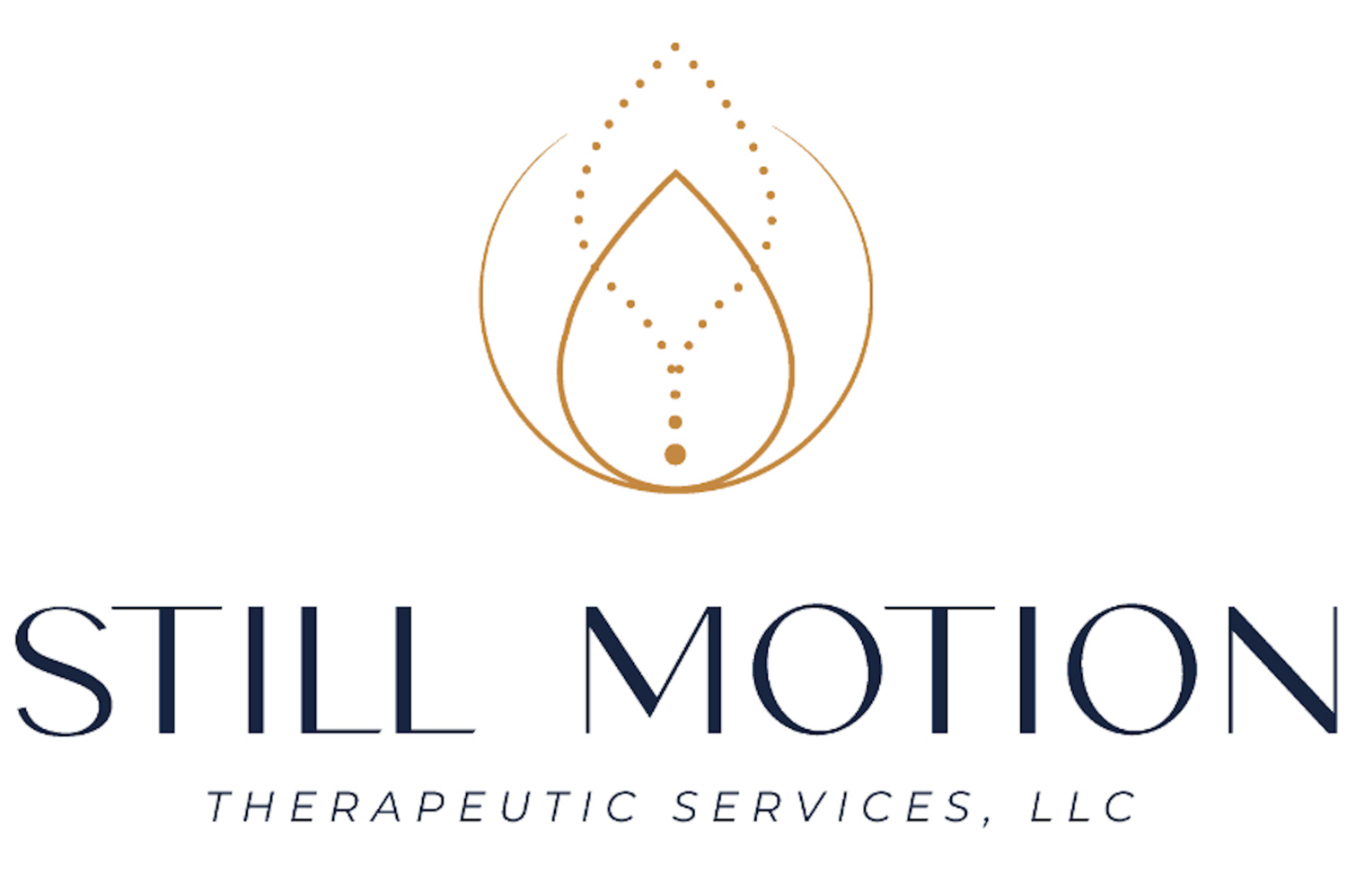WHEN IN ROME (EAT THE PIZZA)
/Wallowing on the couch in self pity with a tub of ice cream, post break up. Snacking on treats out of ‘boredom’ right after work or school. Rewarding yourself with candy in your efforts to complete a research paper and/or study for an exam. Sound familiar? You are not alone - but does that mean you are off the hook? Could you be an emotional eater?
Here’s the thing, emotional eating isn’t something that happens solely in the midst of negative emotions. You can also engage in emotional eating when you experience positive emotions. In fact, it is typical for the majority of people- yes, even “normal” eaters to engage in emotional eating from time to time! Typically when persons’ eat emotionally it is out of boredom, happiness or sadness. It’s when you notice patterns and themes of emotional eating (daily or weekly) —this is when you have the potential of categorizing yourself as a true emotional eater. It doesn’t stop there. The tendency to engage in emotional eating can not only result in poor nutrition but moreso shame, guilt, depression and eating disorders.
So What is Emotional Eating, What are it’s Causes and How Do I Overcome it?
Emotional eating can be used to mask intense and uncomfortable emotions (e.g. stress, anxiety, sadness, irritability, anger) either consciously or unconsciously.
Emotional eating can be used as a reward system (e.g. celebrations, vacation, recovery, weekends, family outings) as a means to cope with positive or negative emotions.
This type of emotional eating is a temporary solution, an unhealthy maladaptive strategy for coping with difficult and/or uncontrollable emotions that can ultimately be considered as a form of disordered eating in addition to a classified “eating disorder”. It is important to note that after this type of eating occurs, one is often met with guilt, shame, as well as physical and emotional discomfort.
Emotional eating is more often than not a symptom of unmet emotional, spiritual and physical needs. It’s not about the food itself but rather about what you’re muddling or covering up within yourself by using food. Emotional eating can be the direct result of unconscious eating and is to be addressed by a professional.
In order to overcome emotional eating, we must first understand and distinguish between emotional hunger (think - craving, urge, discomfort, compulsion) and physical hunger (think - hunger pangs, grumbling and nutritional needs not associated with emotions).
Next time, before eating ask yourself if you are physically hungry or if you are seeking to eat for another reason.
The hunger scale (0-5) below can help to assist with determining whether your hunger is emotional or physical.
0 starving
1-2 degrees of hunger
3 neutrality
4 feeling comfortably full
5 is uncomfortably full
Tips for Navigating the Pitfalls of Emotional Hunger
Make a list of non-food activities will help you cope with the emotion (I.e.music, journal, drink water, TV, read, call a friend) even if you can’t just yet identify how you’re feeling.
Delay your reaction time if you have a strong urge to eat when you know you’re not physically hungry. Challenge yourself to wait one minute then two or three etc. before you give into your urge to eat. The more you practice this exercise the more easily you will be able to rewire and strengthen the pathways in your brain to refrain from compulsive eating over time. Be patient with yourself.
Avoid negative self talk, shame attacking, polarized, catastrophic thinking. Don’t feed into the negative thinking. Challenge yourself to imagine a stop sign or a red light the moment you start to notice yourself going down the rabbit hole. You don’t have to believe every thought that comes into your head for your mind will believe anything you tell it. Nourish yourself (mind, body, soul) in other ways that do not involve food. Listen to your body. Challenge yourself to eat when you are hungry and stop when you are full. Honor yourself and acknowledge the beauty of the mind-body connection.
If you continue to struggle with emotional eating it’s OKAY to seek additional help. Perhaps it is the most noble and courageous thing you can do. Talk to a health care provider, a mental health counselor, and/or a registered dietician.
Remember to be kind to yourself because no one is perfect and progress is greater than perfection.


